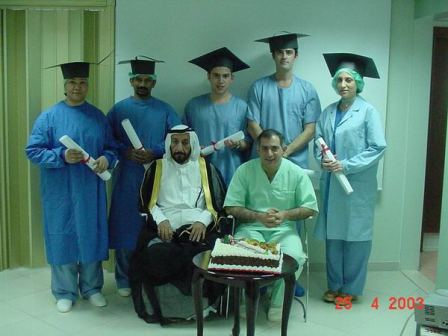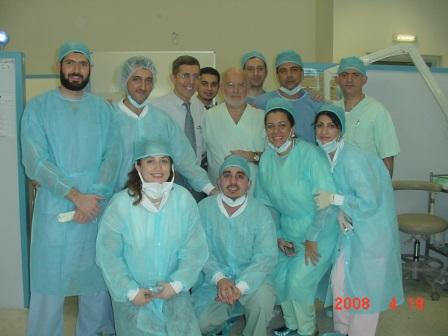Tobacco Use & Endosseous Implant Failures
The health effects of tobacco use can be summarized as following:
-
Nicotine exhibit a profound vasoconstrictor effect on blood vessels, causing disrupting the healing processes of hard and soft tissues.
-
It increases palatal adhesiveness, which in turn causes thrombotic microvascular occlusion with resulting ischemia, and reduces the proliferation of blood cells, firbroblast and macrophages.
-
Carbon monoxide and hydrogen cyanide decreases the oxygen available, and hence slow healing.
-
Smokers have a higher incidence and greater severity of periodontal / peri-implantitis. Though information is limited on implants and smoking.
-
Bain and Moy found that 590 implants placed in smokers, 11% failed compared with 4.8% in non-smokers.
-
De Bruyn & Collaert found 31% early implant failures in fixtures placed in the maxilla in smokers.
-
Tobacco may reduce the capacity of bone to repair during the healing period.
-
Continued use of tobacco reduces the ability of the bone to repair damage that occurs during clinical use.
-
The deleterious effects of smoking can be minimized if smoking stopped for four weeks.
-
HA-coated implants have advantage over other in smokers.
-
Preoperative antibiotic use reduces failure.








